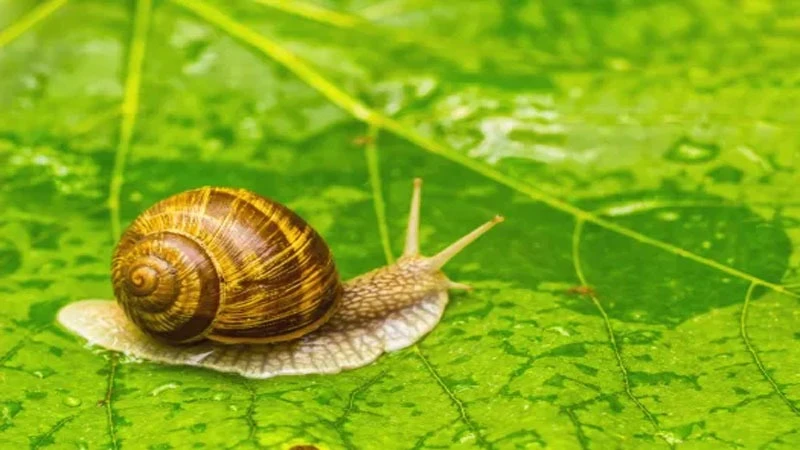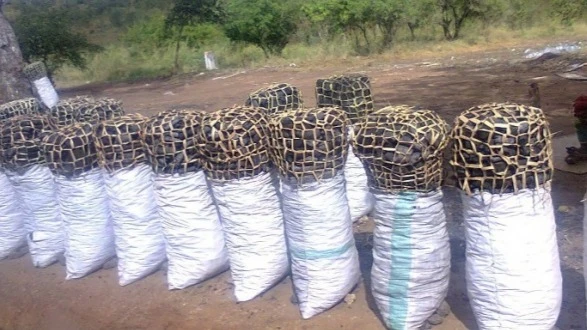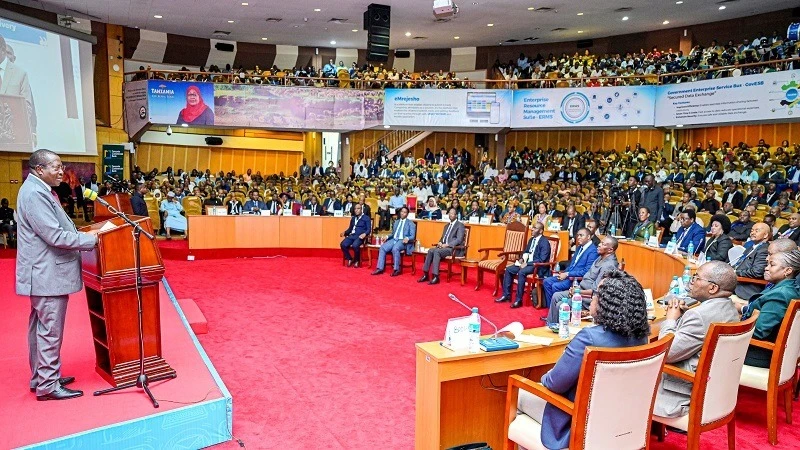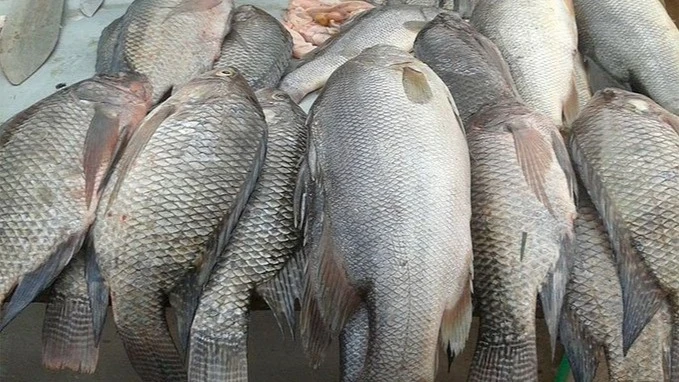Researchers work on invasive snails destroying many crops

RESEARCHERS have cited climate change and improper use of pesticides as among major causes to the increase of invasive snails attacking crops in various farms in Mbeya and Songwe Regions.
The experts from the Tanzania Coffee Research Institute (TaCRI) unveiled this here at the weekend when they conducted a special activity to educate the public on how to control the pests.
They conducted the public awareness along with officers of the Tanzania Coffee Board (TCB).
The invasive snails are claimed to destroy various crops such as coffee, beans, maize and sunflower in the districts of Mbeya, Mbozi and Songwe in the region.
Aden Mbuba, pest researcher at TaCRI said the invasive snails were discovered in 2019 in the areas where an instant research commenced to dig the reason behind the increase of insects.
He said in the study, they found that climate change has greatly contributed to the increase of the snails in farmers being also catalysed by environmental destruction and global warming.
“To help overcome this, we have come up with new tactics which will help farmers fight the insects, we have trained them on the practices which if they will properly apply, will greatly help chase away the invasive insects,” he explained.
He said the farmers have been trained to ensure that their farms are clean but also eradicate the snails by spraying them with salt or soap water.
Farmers can also eradicate the snails by bordering their farms with ash, salt or fertiliser, he said.
TCB manager for Mbeya zone, Sijali Elius said invasion of snails in coffee crops threatens the goals of increasing production of the crop in the country.
He said the government’s zeal is to increase coffee production from the current 80,000 tonnes to 300,000 tonnes that’s why it has invested heavily in modern inputs and an increase of experts.
He said that if the pests are not controlled in time, there is a possibility that the production of the crop will drop further and thus affect farmers’ economy and development in general.
He advised farmers to stop using the pesticides carelessly in order to protect the crop, which has a high market abroad for more than 93 percent.
Some farmers said that the pests have become a threat to their crops, claiming that many farmers have been attacked and they don’t know if they will harvest.
Godwin Mwantapila, one of the farmers thanked the experts for the training as they are going to apply the skills to eradicate the pests and thus rescue their crops.
Top Headlines
© 2025 IPPMEDIA.COM. ALL RIGHTS RESERVED






















